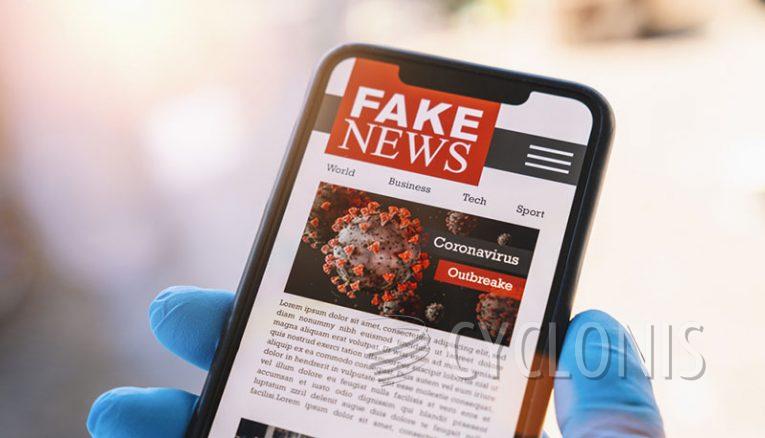What is Fake News and How Can You Avoid It?

Fake news is a term used to describe false, misleading or unreliable information circulated on the internet. It has become increasingly prominent in recent years with the rise of digital media and the prevalence of online communication.
Fake news typically takes the form of fabricated stories or sensationalized headlines meant to draw attention and manipulate public opinion. The spread of fake news can have dangerous consequences as it can lead to distorted understandings, distrust in traditional news sources, and even violence in some cases.
The root causes of fake news vary depending on socio-political context but generally include political agendas, financial gain from clicks, and lack of understanding about expert sources. Despite its widespread popularity, fake news remains a complex problem for which there is no easy solution. Efforts to combat it include creating media literacy initiatives in schools, improving algorithms for identifying fake news on social media, and developing systemic solutions to prevent it from spreading.
Fake news can have serious consequences on society, particularly when it is allowed to spread unchecked. For example, it can lead to distorted understandings of current events and an overall decrease in trust in traditional news sources. This can be especially damaging when the false information involves topics such as public health or national security where accurate information is critical for decision making.
In addition, fake news has been known to fuel rumors, conspiracy theories, and division among communities which can often result in violence or other forms of hate crimes. Furthermore, with its prevalence on social media platforms, individuals are more subjected to biased opinions that may not even be based on factual evidence.
Table of Contents
How Can We Combat Fake News and Protect Ourselves from its Effects?
The most effective way to protect ourselves from the effects of fake news is to first become informed about potential sources of misinformation. This can include fact-checking stories before sharing them, being aware of suspicious websites or accounts that may be spreading false information and relying on trusted sources for reliable information.
In addition to educating ourselves, we can also take action to help prevent the spread of fake news. This includes flagging or reporting suspicious content when encountered online, avoiding blindly sharing links without verifying their accuracy, and supporting organizations that tackle misinformation.
What is Fake News That is Promoted by Legitimate News Sources
Fake news is not limited only to Twitter, Facebook, Truth Social, and the fringe news sites of the world, as many legitimate news websites enable the posting of false information in plain sight. Oftentimes, “fake news” stories are leveraged as clickbait to distribute advertisements by ad networks like Taboola and Outbrain. These postings can confuse web surfers with controversial or inaccurate headlines that diminish the overall online experience.
These kinds of “fake news” stories have come under fire in recent years, and the consumer advocacy group known as AppEsteem has taken to calling out these advertising tactics. The organization has created what they refer to as “Ad Pollution Indicators” that identify in part, the tactics used by ad networks that incorporate the spread of these kinds of advertisements packaged as phony news stories.
According to AppEsteem founder Dennis Batchelder, “Because they pollute their web pages with tricky and misleading native advertising, some online news sites have become some of the biggest spreaders of fake news. Web surfers then mistakenly click on these advertisements and fake news stories billions of times daily.”
What Are Some Tips for Spotting Fake News?
There are several tips individuals can use to help them spot fake news. First, examine the source of the information and look for any tell-tale signs that it may be unreliable such as a lack of an author’s name, or inconsistency in the writing style and grammar. Additionally, try to verify facts with other sources, especially those from reputable organizations or institutions.
It is also important to consider the context and motivations behind certain articles and pay attention to political biases that might be influencing a story. Finally, if something seems too good (or bad) to be true then it likely is not based on reliable evidence—a critical factor when deciding whether or not to believe a piece of news. With these tips in mind, individuals can better protect themselves from the dangers of fake news.








